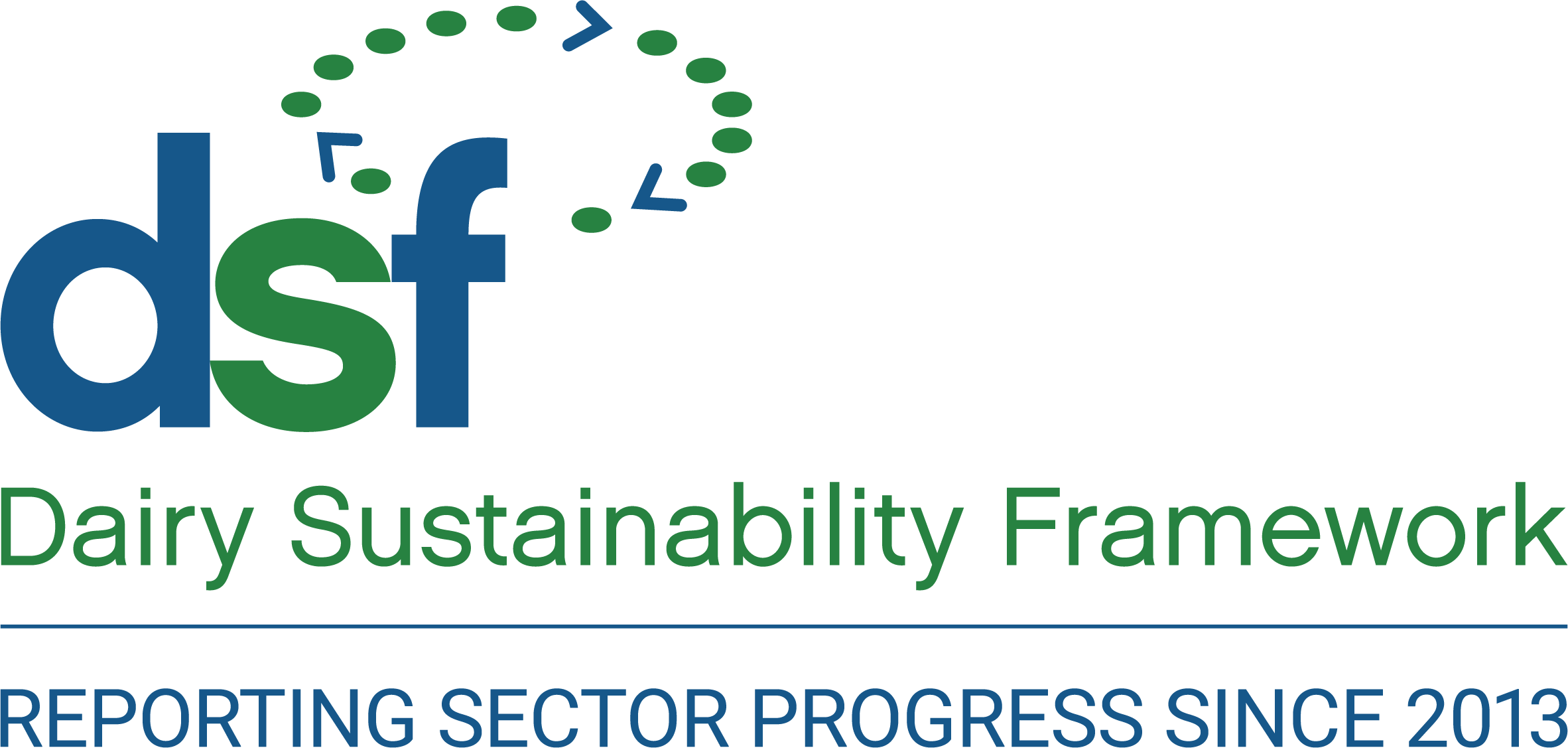Prices and wages are becoming the focus of social sustainability. The dairy sector is well placed to lead
Prices and wages are becoming the focus of social sustainability. The dairy sector is well placed to lead
 Erinch Sahan currently leads the private sector team at Oxfam Great Britain. Since 2011, Erinch has been working at Oxfam to leverage business to tackle poverty and injustice. His work spans programmes (enterprise development) and campaigns (leading the scoring of food companies in the Behind the Brands campaign).
Erinch Sahan currently leads the private sector team at Oxfam Great Britain. Since 2011, Erinch has been working at Oxfam to leverage business to tackle poverty and injustice. His work spans programmes (enterprise development) and campaigns (leading the scoring of food companies in the Behind the Brands campaign).
Erinch is a member of the DSF Advisory Council.
Across the developing world, millions of farmers are trapped in poverty and hunger. Most of the 795 million people who are undernourished in the world live in rural areas, with livelihoods connected to agriculture. Low prices and declining share of value going to farmers are important drivers.
The share of value captured by farmers must be radically increased
In the global cocoa value chain, only 3.5–6 percent of the value of a chocolate bar reaches cocoa farmers. This is a sharp decline from the 1980s, where there was less market concentration in the cocoa supply chain and farmers received 18 percent of the value created in the chain. This trend seems to be repeated across commodities such as tea and coffee.
It is quite clear that for farmers to earn a living income, and farm workers a living wage, the prices paid and value accrued to producers must increase. We are yet to see a major food company publicly commit to paying prices for their agricultural commodities that would allow farmers to earn a living income, workers to earn a living wage and much more value channelled to agricultural production. So instead, we need to see a structural shift in the models of business in the food system, so more value can flow to farmers.
The dairy sector is well placed to tackle this issue head on, and lead the broader business community. It is rife with farmer-owned enterprise and successful farmer cooperatives. This gives it structural characteristics that make it a natural leader in addressing farmer incomes and inequality. Here is why.
Rethinking business models to share more value with farmers
Farmer-owned enterprises are a part of the answer. They allow farmers to have greater negotiating power and to potentially capture profits from more capital-intensive value addition activities. Examples of thriving farmer-owned enterprises of all scales include giant dairy cooperatives like Amul (owned by 3.6 million Indian small-scale dairy producers) and farmer-owned chocolate and coffee brands, like Divine Chocolate and Cafe Direct. Such models are structured to generate fairer and more sustainable agricultural supply chains.
Recently, we’ve seen growth of hybrid models of enterprise ownership and governance. Models like KTDA in Kenya (a model now spreading into Rwanda) combine farmer ownership with the most professional management processes. Multi-stakeholder cooperatives and social enterprise models are also emerging that allow better balancing of commercial and social objectives.
Policy-makers have a key role to play if we are to see a greater prevalence of farmer ownership in the food system. Market and economic governance that promotes such models of enterprises will ultimately determine if there is a shift in the kind of business structures that dominate the food system. Tax policy, public procurement and programmes of enterprise support (such as credit guarantee schemes) are all levers that can help farmer-owned enterprises to grow and thrive. The private sector can also help bring about this shift, through greater sourcing from enterprises owned by farmers, workers and communities. On the finance side, impact investors can also play a key role in helping such models grow.
Farmer ownership is not a silver-bullet. But well-governed farmer-owned enterprises should be part of a vision of giving greater power, voice and value to farmers. By actively promoting the role of these enterprise structures, and calling on governments, brands and investors to actively support them, the dairy sector can play a central role in transforming entire sectors and economies that help tackle growing inequality whilst generating more sustainable supply chains.
